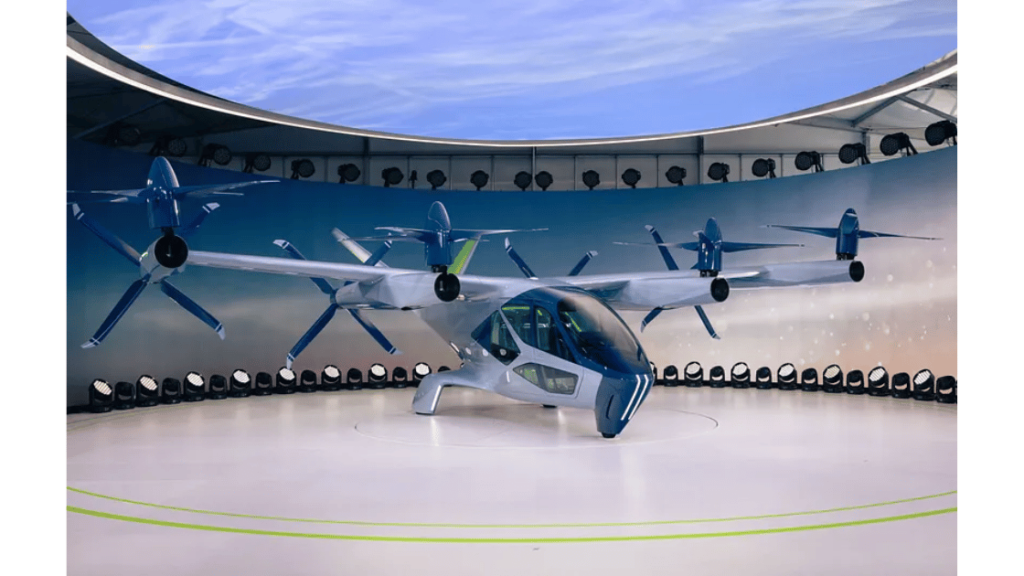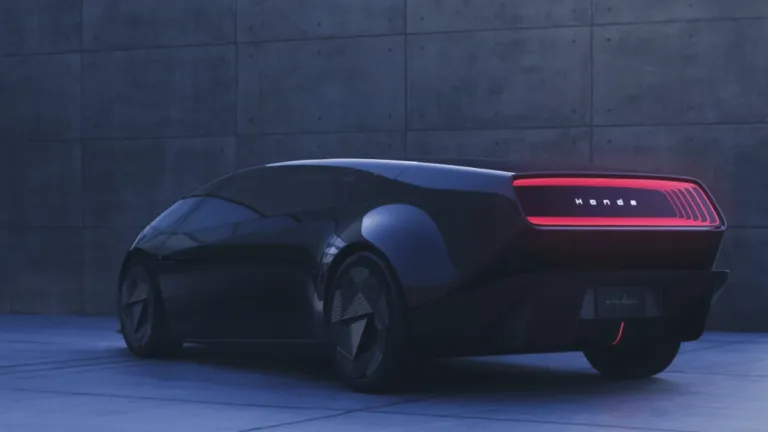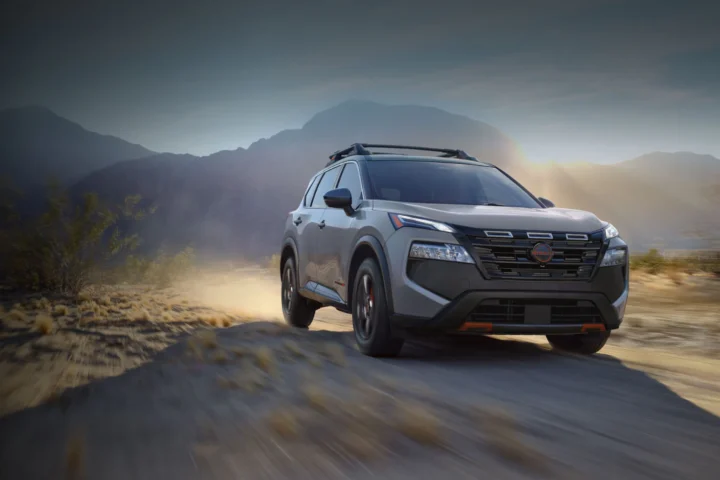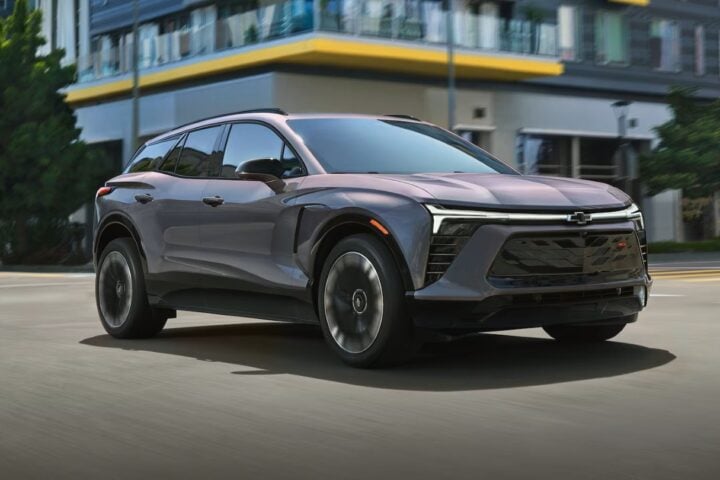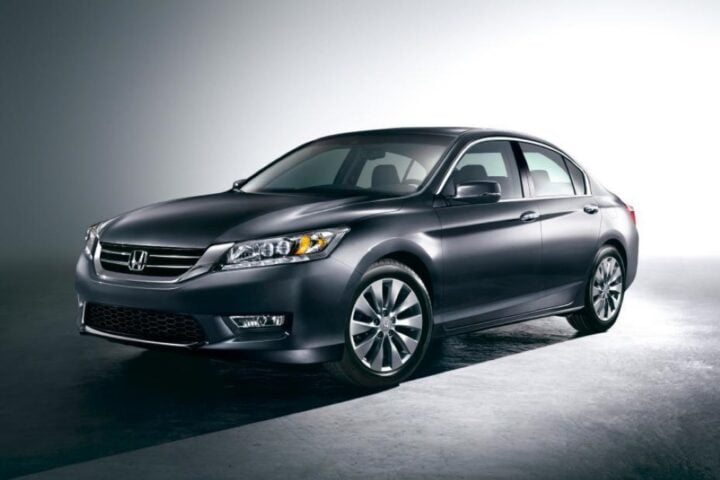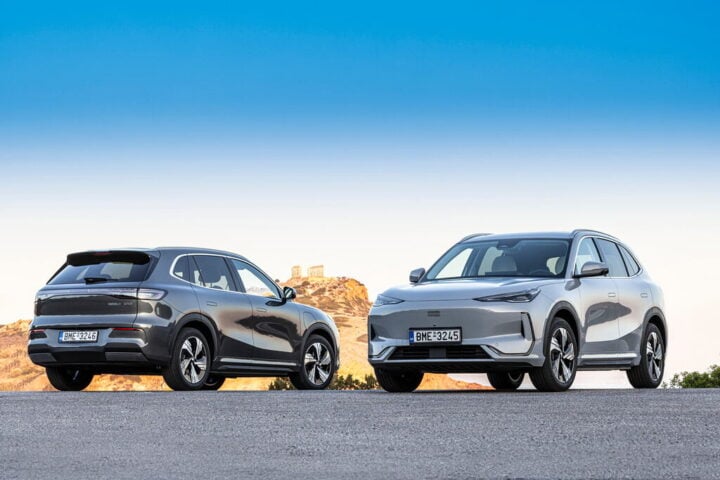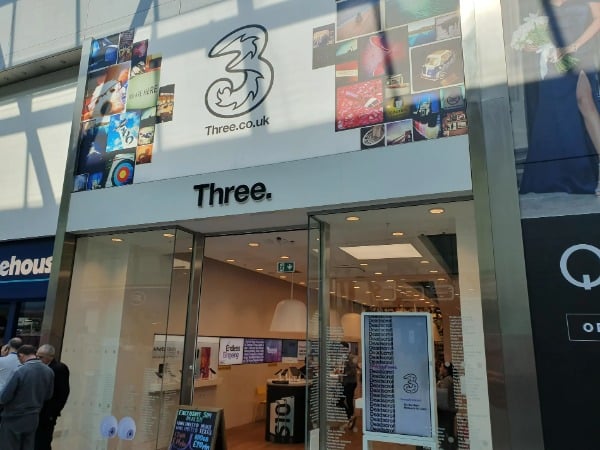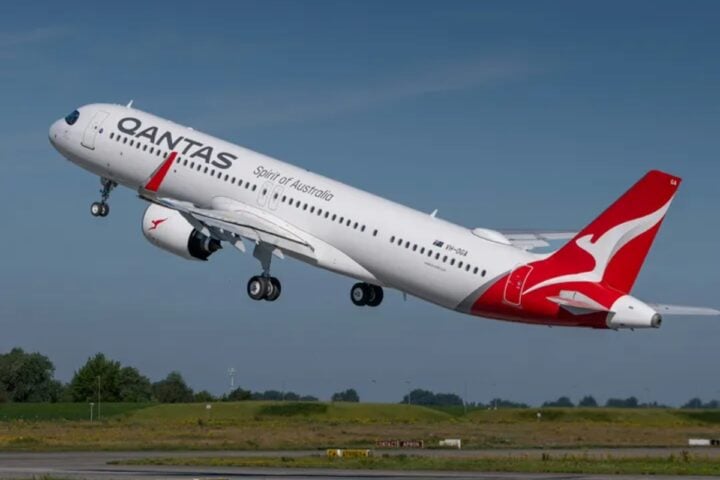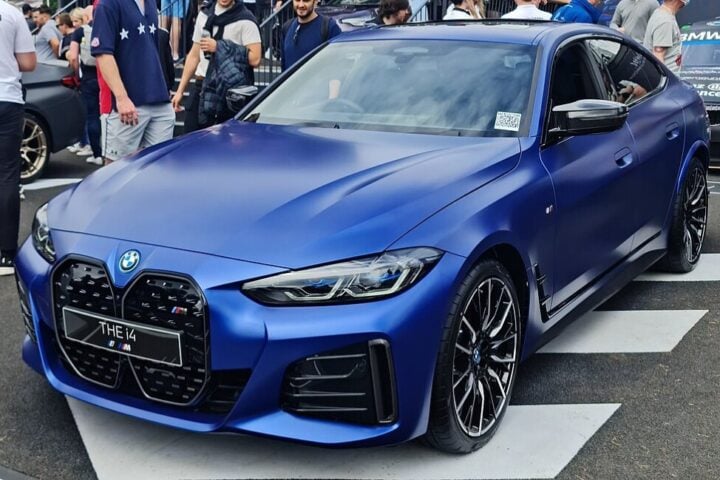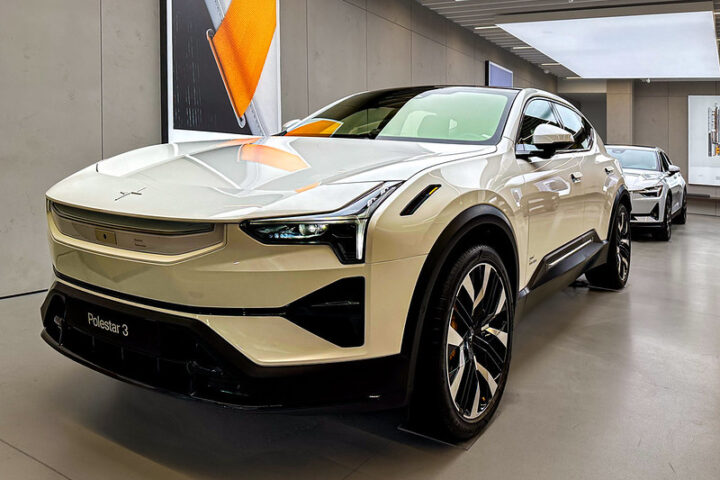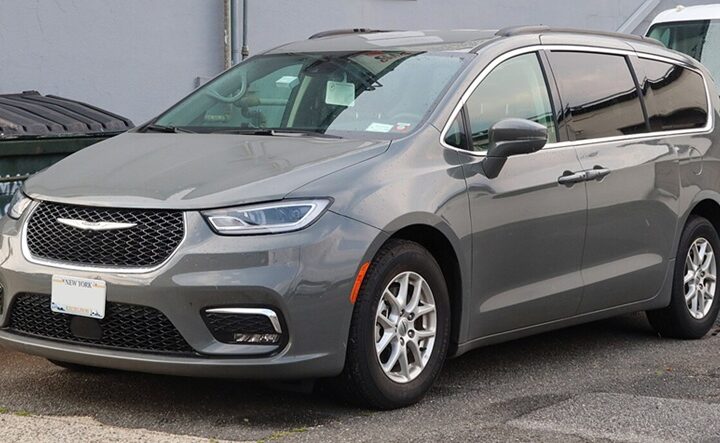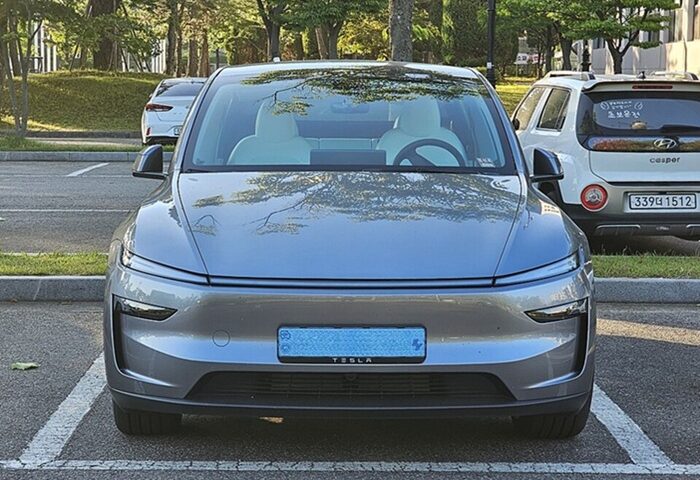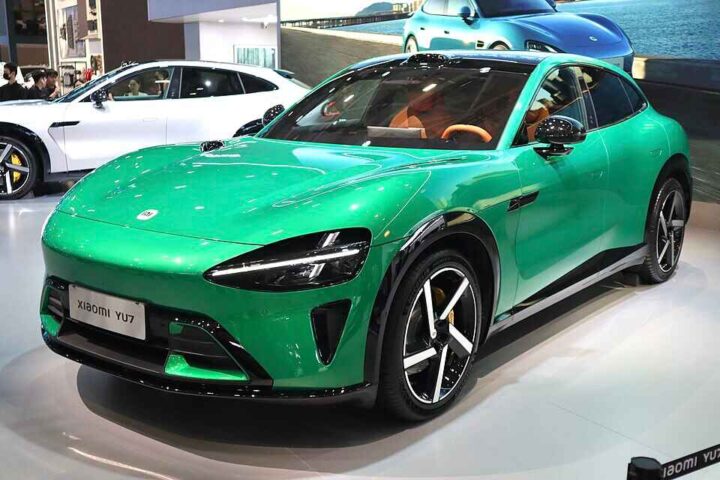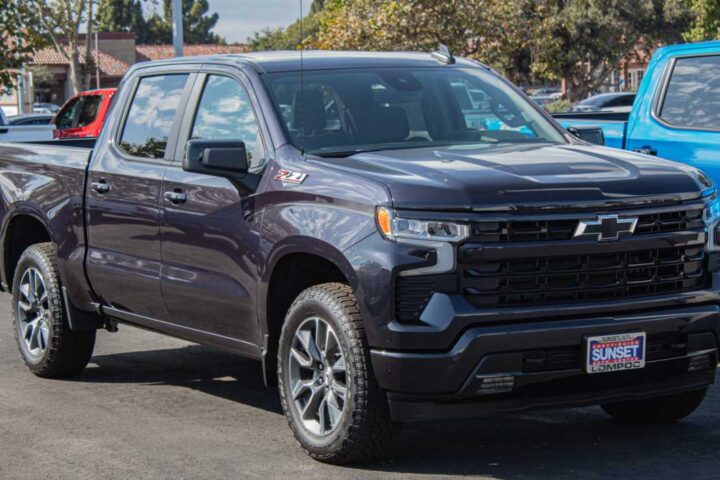In a world where electric vehicles (EVs) are fast becoming the norm, China’s recent leap into sodium-ion battery technology is a noteworthy development. Let’s cut through the tech jargon and focus on what really matters: the nitty-gritty of this innovation and its potential impact on the EV market.
On December 28th, a key event took place at JMEV’s EV plant in Nanchang, Jiangxi Province. Here, the world saw the debut of an EV powered by sodium-ion batteries from Farasis Energy. The JMEV EV3, aimed at the younger generation, offers a decent range of 251km, which is quite fitting for city commuting.
What sets Farasis Energy’s sodium-ion batteries apart? It’s their unique blend of layered oxides and hard carbon. They’ve hit impressive marks in the EV battery space with an energy density of 140 to 160Wh/kg. But that’s not all. These batteries have aced multiple safety tests, ensuring they meet the no thermal runaway (NO TP) standard. Plus, their performance at low temperatures (over 91% discharge capacity retention at -20°C) and long cycle life make them ideal for electric passenger vehicles and two-wheelers.
Similar Posts
Farasis Energy isn’t resting on its laurels. They’re already working on the second-generation sodium-ion batteries, aiming for an energy density of 160-180Wh/kg by 2024 and hoping to reach 180-200Wh/kg by 2026. Their target? A broader range of applications.
The company is also wisely forming partnerships across various sectors, including micro electric vehicles and electric two-wheelers. They’ve received positive feedback from clients testing their battery prototypes.
With mass production underway, Farasis Energy is diversifying its product range. These sodium-ion batteries are particularly suited to colder climates, where EVs typically face range challenges. Their safety and affordability also make them a viable supplement to lithium battery systems in areas like residential and commercial energy storage.
Farasis Energy will showcase its products at an international trade fair in Stuttgart from March 19 to 21. Here, they’ll focus on their Atlas module, which has applications in material transportation and can be customized to client specifications. Dr. Keith Kepler, CTO and co-founder, highlights their battery technology’s adaptability, power, and ruggedness, ideal for material transportation vehicles.
A bit of background: Farasis Energy, established in 2002 in California and now operating mainly in China, has become a key player in the lithium-ion battery sector. They’re also planning to expand with new production facilities, aiming for a total capacity of 145 GWh/a by 2025.
So, what next for the EV industry? Farasis Energy’s foray into sodium-ion batteries could be a game-changer, offering an alternative to the current lithium-ion dominance. This shift could lead to more sustainable, efficient, and affordable EVs, a crucial step in our journey towards a greener future.

